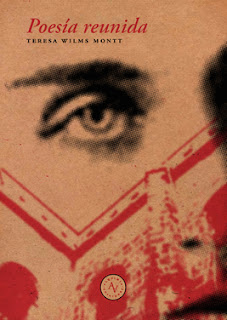Juan Gabriel Vásquez
Ina Cawl, Somali Bookaholic
La Bastarda by Trifonia Melibea Obono
John, The Modern Novel
El tañido de una flauta [The Tune of a Flute] by Sergio Pitol
El cielo árido (The Arid Sky) by Emiliano Monge
Juliana Brina, the [blank] garden
Adélia Prado (profile and bibliography)
the grandest thing in the world is feeling (poems by Adélia Prado)
Henriqueta Lisboa (profile and bibliography)
It is the circle where hearts meet (poems by Henriqueta Lisboa)
Mandy Wight, peakreads
The Shape of the Ruins - La forma de las ruinas by Juan Gabriel Vásquez
Michael Kitto, Knowledge Lost
The Sound of Things Falling by Juan Gabriel Vásquez
Pat, South of Paris Books
The Crucial Moment by Pablo Martín Sanchez
Richard, Caravana de recuerdos
"Porque te vas" by Jeanette
Mi libro enterrado by Mauro Libertella
Los Pazos de Ulloa by Emilia Pardo Bazán
Stu, Winstonsdad's Blog
Map Drawn by a Spy by Guillermo Cabrera Infante





















